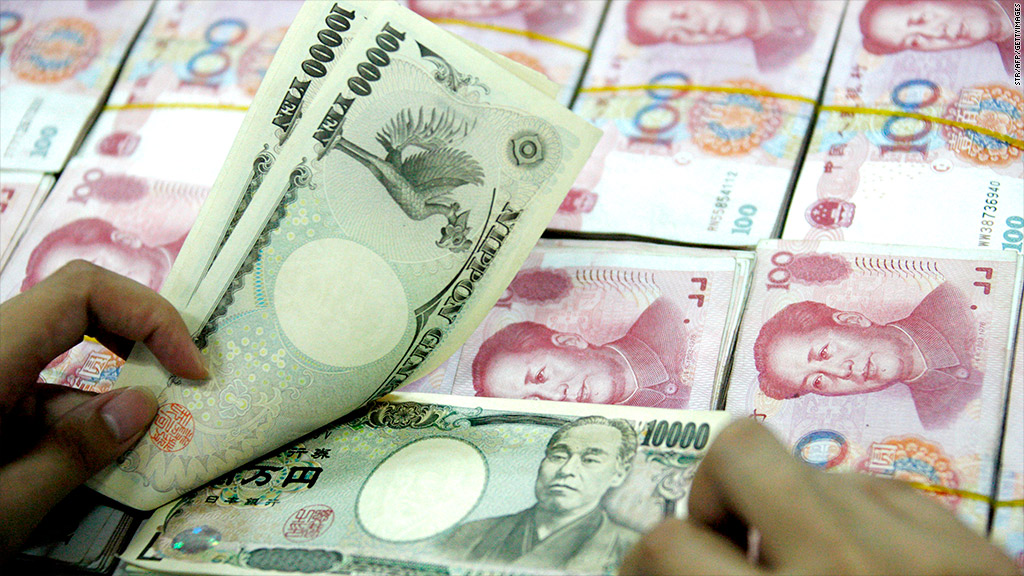The yen’s depreciation by 10% this year is raising concerns among global investors.
The current Japanese government, led by Prime Minister Fumio Kishida is continuing the long-standing strategy of maintaining a weak yen to boost exports.
However, there are reasons to be worried about the potential consequences.
This is the first time Japan has tested Asia’s tolerance for a weak yen while China’s economy is slowing down.
Despite reassurances from Chinese Premier Li Qiang about achieving economic growth targets, doubts remain due to increasing headwinds.

The upcoming US election cycle, marked by intense disagreements between Democrats and Republicans on Asian trade, also increases the likelihood of undervalued currencies becoming contentious campaign issues.
Japan’s approach could have implications for South Korea and Southeast Asian economies that are still cautious after the Asian financial crisis of the late 1990s.
The COVID-19 crisis highlighted their dependence on exports for economic growth, which was hindered by global inflation and tightening measures by the US Federal Reserve.
The depreciating yen and its impact on China further complicate the situation.
While the People’s Bank of China has been cutting rates to stimulate its slowing economy, it would prefer a controlled weakening of the yuan.
However, an unstable exchange rate could undermine China’s efforts to build trust in its currency.
The declining yen also increases pressure on Asian governments and foreign exchange managers, including those in Japan’s Ministry of Finance.
Tokyo is cautious about provoking the US Treasury and wants to maintain its partnership in the US-China decoupling effort.
The risk of the yen’s decline accelerating is concerning, particularly as the yield gap between Japanese and American 10-year government bonds widens.
The Bank of Japan (BOJ) has been cautious about tightening policies following previous market upheavals caused by its attempts.
Geopolitical risks and uncertainties add another layer of complexity. Chinese Premier Li expressed concerns about efforts to “de-risk” supply chains from China, cautioning against politicizing economic and trade issues.
A weaker yuan may benefit China’s exports, but Beijing must manage risks such as capital flight and a fragile stock market.
The potential currency tensions between the yen and yuan may tempt other Asian countries to weaken their exchange rates.
This could attract attention from Washington, with accusations of unfair currency manipulation during the US election campaign.
Japan’s persistent pursuit of a weak yen carries the risk of significant backfire, especially concerning China, which may not appreciate Tokyo’s complacency.

